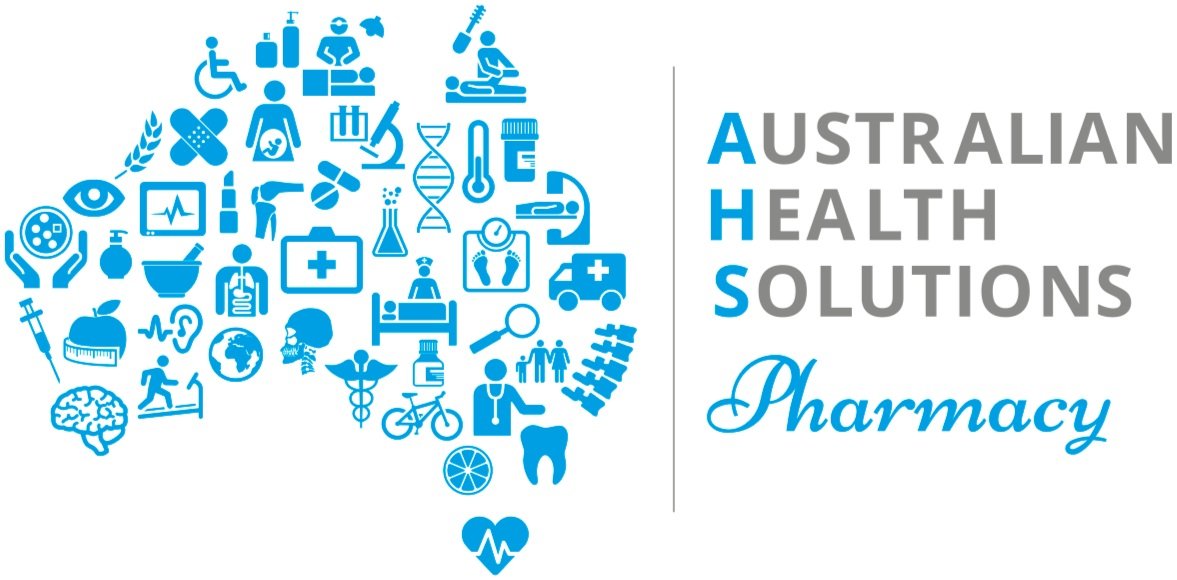Compounding Medications: The Future of Precision Medicine
Precision medicine has emerged as a groundbreaking approach to healthcare, revolutionising the way we diagnose, treat, and prevent diseases. By tailoring medical interventions to an individual's unique genetic makeup, lifestyle, and environment, precision medicine offers the promise of improved treatment outcomes and a higher quality of care. Within this rapidly evolving field, compounding medications have emerged as a powerful tool, reshaping the future of precision medicine.
Understanding Precision Medicine
Precision medicine is an approach that takes into account individual variability in genes, environment, and lifestyle for each person. It aims to provide targeted therapies and interventions that are specifically designed for each patient, rather than adopting a one-size-fits-all approach. The benefits of precision medicine are numerous, including enhanced treatment efficacy, minimised side effects, and the potential to prevent diseases before they manifest.
The Role of Compounding Medications in Precision Medicine
Compounding medications play a crucial role in precision medicine by offering customised treatment options tailored to the unique needs of individual patients. Compounded medications are formulations that are prepared by specially trained pharmacists, who combine or alter ingredients to create medications that are not commercially available. This process allows for the creation of personalised treatments that address specific patient requirements and challenges.
Advantages of Compounding Medications in Precision Medicine
The use of compounded medications in precision medicine brings several advantages. Firstly, it allows for improved treatment outcomes by precisely tailoring medications to an individual's needs. This customisation ensures that patients receive the exact dosage and combination of active ingredients that will be most effective for their particular condition.
Furthermore, compounding medications can help minimise side effects and adverse reactions. Some patients may have allergies or sensitivities to certain ingredients commonly found in commercially available medications. Compounding pharmacies can create alternative formulations that exclude these allergens, ensuring that patients receive their prescribed treatment without the risk of adverse reactions.
In addition, compounding medications can address medication shortages that can occur in the pharmaceutical industry. When a specific medication is in short supply or unavailable, compounding pharmacies can step in to create a suitable alternative, ensuring that patients have access to the medications they need for their treatment.
Innovative Applications of Compounding Medications in Precision Medicine
The applications of compounding medications in precision medicine are diverse and expanding. One notable example is the use of compounded bioidentical hormone therapy. Compounded hormones are molecularly identical to the hormones naturally produced by the body, allowing for more precise hormone replacement therapy for conditions such as menopause or hormonal imbalances.
Compounding medications also find utility in paediatric care. Children often require smaller dosages or alternative dosage forms that are not commercially available. Compounding pharmacies can prepare medications in child-friendly forms such as flavoured liquids, gummies, or transdermal gels, making it easier for young patients to take their medications.
Moreover, compounding medications extend their benefits beyond human healthcare. Veterinary compounding allows veterinarians to provide personalised treatments for animals, taking into account their unique physiology, species-specific requirements, and individual preferences. This approach has proven particularly beneficial for pets with specific medication needs or those who are difficult to medicate conventionally.
Compounded medications also offer innovative solutions for pain management and dermatological conditions. Customised pain creams and gels can be formulated to target specific areas of discomfort, providing localised relief with fewer systemic side effects. In dermatology, compounded medications can be tailored to address individual skin conditions, offering patients precise and effective treatments for conditions like acne, eczema, or psoriasis.
Challenges and Future Developments
Although compounding medications hold great promise for precision medicine, there are challenges that need to be addressed. Accessibility and affordability are key concerns. Compounded medications are sometimes not covered by insurance, making them more expensive for patients. Increasing awareness among healthcare providers and payers about the benefits of compounded medications is necessary to improve their accessibility and affordability.
In terms of future developments, research and development in compounding pharmacy are ongoing. This includes the exploration of new drug delivery systems, innovative formulations, and advances in compounding techniques. As precision medicine continues to evolve, integrating compounded medications into mainstream healthcare practices will be essential for maximising their potential.
Conclusion
Compounding medications are ushering in a new era of precision medicine, enabling healthcare providers to offer tailored treatments that meet the unique needs of individual patients. With the ability to customise medications, compound medication pharmacy are providing solutions that improve treatment outcomes, minimise side effects, and address specific challenges. As regulations continue to evolve and research advances, compounding medications are poised to play an increasingly vital role in shaping the future of precision medicine, empowering patients with personalised care that revolutionises the way we approach healthcare.


